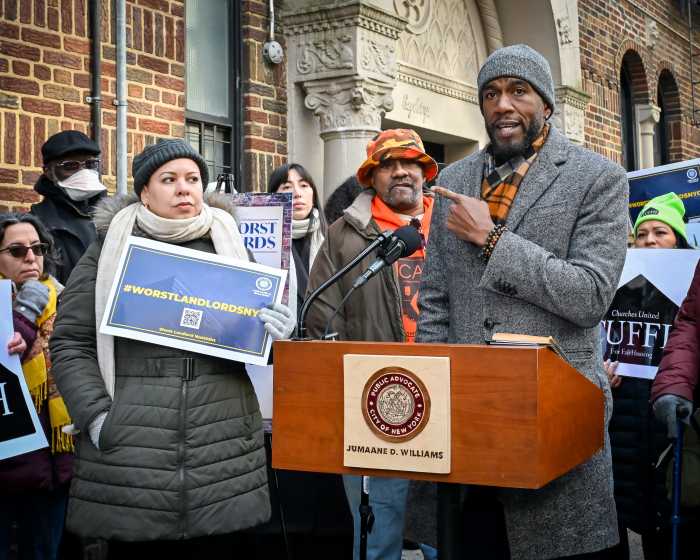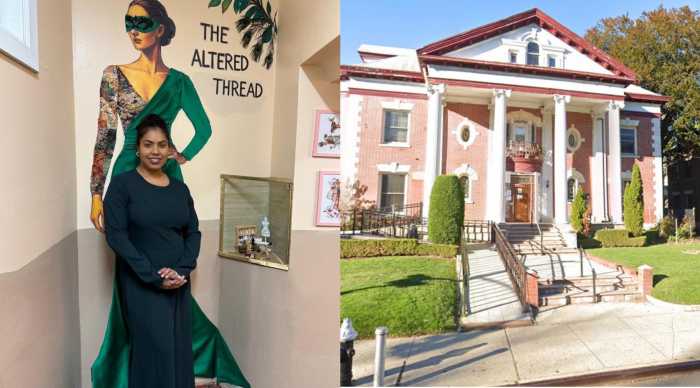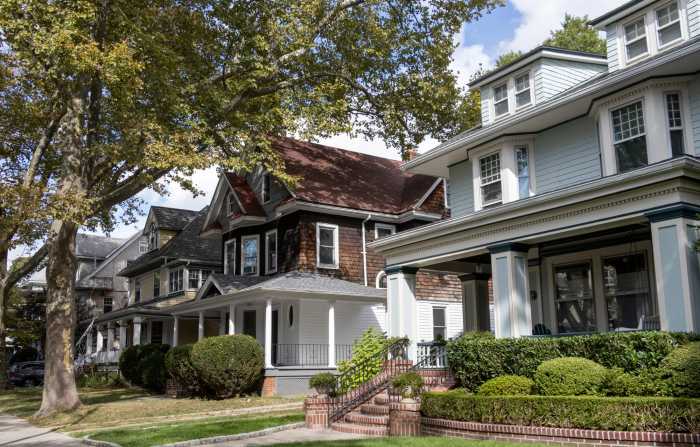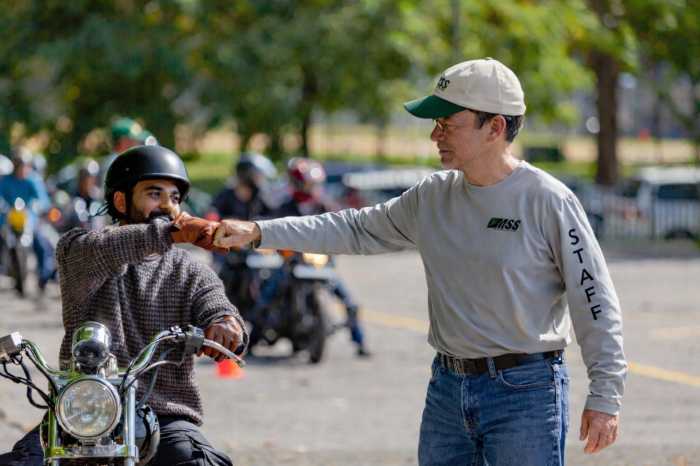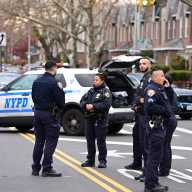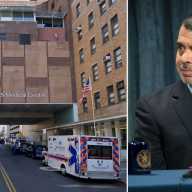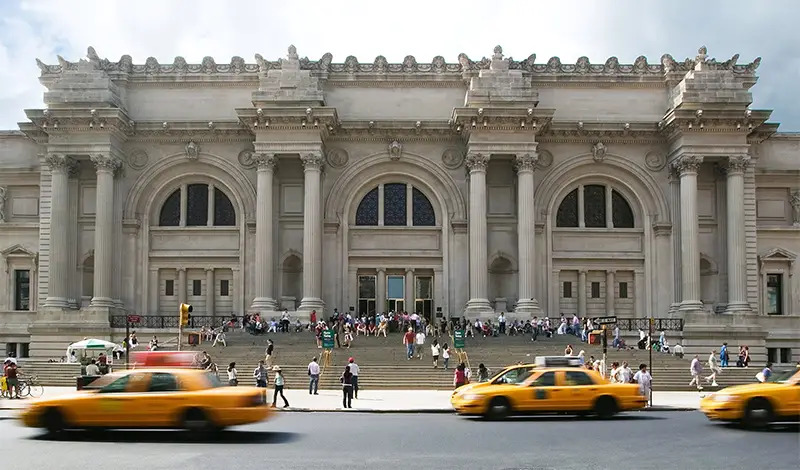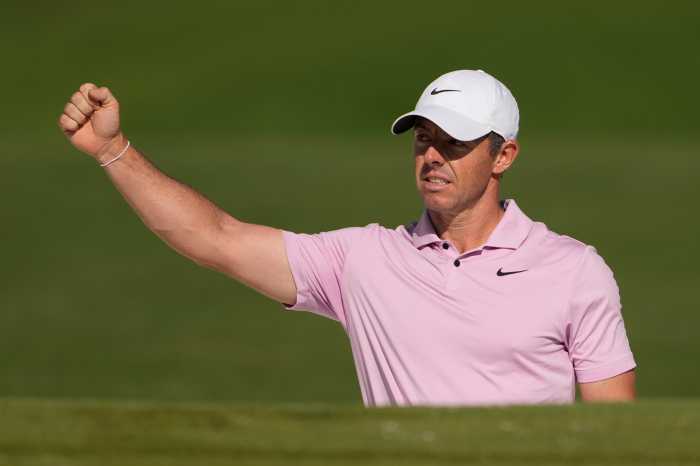In the gathering dusk, gardeners and students met at the Campus Road Community Garden, last Thursday night, to dig up and tag plants they wanted to take, and sing, chat and eat together one last time.
The college had previously notified them that the garden would be shut that evening at 8 pm, with contractors coming in the following day to begin the transformation of the space from garden to parking lot.
“We’re having our Last Supper here,” Maikel Carder had remarked wryly. “We brought enough pressure to get them angry but not enough to get them to back off, but there will come a day when they realize that they destroyed something really valuable.”
The unilateral aspect of the college’s decision-making process was a major complaint. “You’d think a university would make smarter decisions,” said Murray Lantner, contending that the school had basically turned upside-down, “everything a university is supposed to be about, dialogue, listening, an intellectual, reasonable, thought-out process.
“We told them what we felt, but they had their plan, and it’s their property, and they did what they wanted,” he added.
With a phalanx of guards stationed at the entrance, admission to the garden last Thursday was limited to a list of gardeners provided by the college administration who had to show identification to enter.
Those inside picked flowers and little heads of lettuce, and wielded spades and shovels as they urged long-established plants from the soil where they have thrived for years.
“They paved paradise to put up a parking lot,” some of the gardeners sang in the gathering dusk as Lantner played his guitar, and security guards hovered in the background.
“It’s like a death,” said Toby Sanchez, the garden’s founder. “You know it’s going to happen but, when it does, you’re shocked.”
Peter Spealman, a senior at Brooklyn College, only recently became involved in the attempt to save the oasis. “When I found out about it, it just worked its way into my heart,” Spealman said. “When you see something as developed as this, you don’t think there would be a bureaucratic situation that would destroy it.”
Alla Palets, a college senior whose son attends the school’s day care center and often comes to the garden to explore, said uprooting the garden meant taking something special away from the children who are brought there. “How can city children enjoy nature if they destroy it?” she asked.


